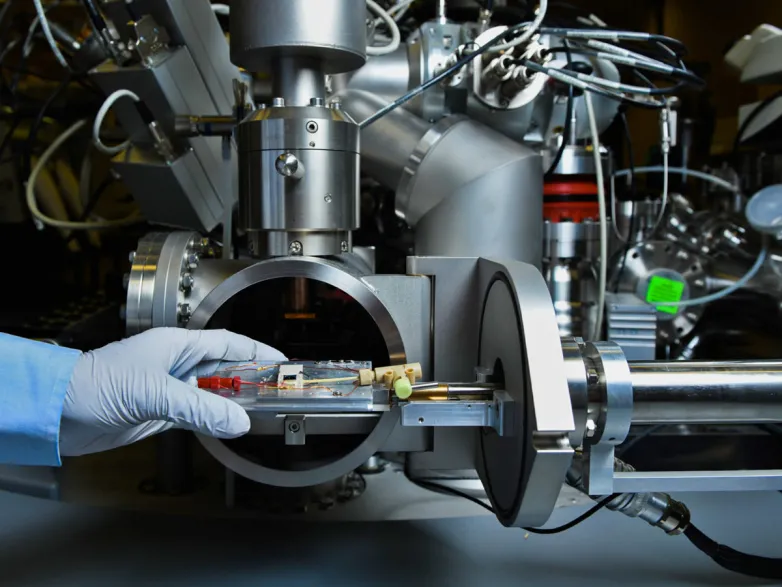Carbon nanotubes lead the way for silicon in storage
- Researchers in the United States have actually established a carbon nanotube approach of producing a lithium-ion battery with a silicon anode. The gadget apparently showed far better than 87% capability retention after 1,500 cycles. The designers claim their exploration gets over a number of the challenges to using silicon as an anode as well as might open making use of various other products for electrodes in lithium-ion gadgets

Researchers at the Pacific Northwest National Laboratory (PNNL) in the U.S. have actually made use of carbon nanotubes to get rid of several of the troubles inherent in creating silicon anodes for lithium-ion batteries.
If utilized as an option to the graphite anodes extensively released in industrial batteries today, Silicon anodes have the possible to significantly enhance battery power thickness.
Among the problems with silicon is that it often tends to broaden considerably, in some cases by as high as 400%, as it develops alloys with lithium. Development causes a variety of efficiency derogatory impacts. Although researchers at Rice University this year showed just how dealing with permeable silicon can give a solution, the resulting anodes did not have mechanical toughness as well as needed to have their capability minimal well listed below optimal capacity-- albeit still much over graphite-- to reduce stress and anxiety on the electrode.
Carbon nanotubes
The PNNL team resorted to carbon nanotubes which they had the ability to integrate right into a silicon anode. Making use of thermite decrease, the team made carbon nanotube-silicon microspheres-- tiny rounded fragments able to take in sufficient of the silicon fragment development to restrict it to around 30% on complete lithiation. The anodes likewise showed superb mechanical stamina as well as had the ability to endure 200 Megapascals of stress.
The scientists made numerous silicon electrode develops based upon the idea, which are explained in the paper Hierarchical permeable silicon frameworks with remarkable mechanical stamina as high-performance lithium-ion battery anodes, released in Nature Communications. An anode with a "thread round like" framework of carbon nanotubes, silicon and also carbon, provided relatively easy to fix ability of around 1500 millamp-hours per gram (mAh g − 1) and also showed 87% capability retention over 1,500 cycles.
" On the basis of its exceptional electrochemical efficiency, mechanical stamina as well as architectural honesty," mentioned the paper, "CNT@Si [carbon nanotube-silicon] -based ordered permeable nanostructure holds wonderful assurance for sensible next-generation battery applications."
The Pacific Northwest team claimed the following action would certainly be to explore scalable approaches for generating the batteries, such as using spray drying out and also mechanical condensation.
The scientists anticipate their job to affect various other locations of battery style also. "The reasonable style of nanostructured battery products and also electrodes in this job," the paper ended, "additionally opens up a brand-new measurement in product style for various other batteries."
Also read

